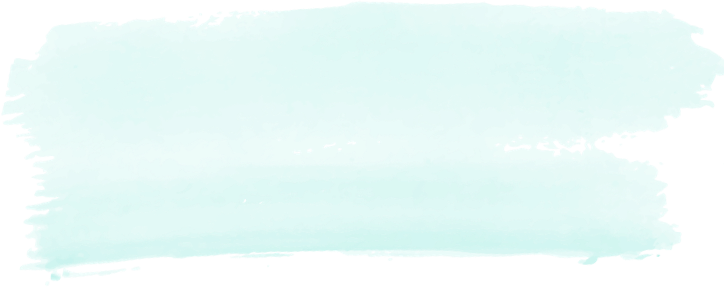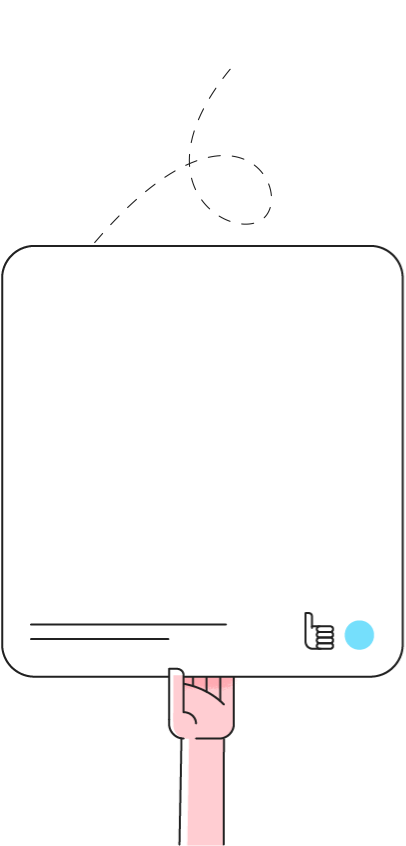Table of Contents
In the news recently, many social media sites have gone under fire for failing to flag or correct misinformation on their platforms. Facing criticism, especially from politicians like Alexandria Ocasio-Cortez, many platforms like Facebook and Twitter have edited their apps to combat the number of false claims that are circulated on the internet.
On Facebook, users can now report news stories that spread false information, while Twitter has introduced new labels and warning messages that will provide context and additional details to Tweets that contain misleading information. Especially with the election coming up, fact-checking and curbing the spread of misinformation has become more important than ever. Now, Instagram has jumped on board and will temporarily restrict hashtags ahead of Election Day.
Instagram Hiding Posts
As many social media users can agree, hashtags are one of the most popular ways to browse relevant posts online. With Instagram hashtags, you can easily grow your account in many different ways, such as:
- Discovering (or getting discovered by) new audiences
- Driving traffic to your account
- Boosting your post engagement
- Gaining more followers when other users see your post on the hashtag page
Since hashtags can inspire millions of posts, it would be nearly impossible for Instagram to monitor every single post, so they have opted for temporarily hiding the “Recent” tab from all hashtag pages. Whether the posts are related to politics or not, Instagram has made it their responsibility to hide all new posts from showing up on their respective hashtag pages.
However, hashtag pages will still work in the way that they’ll only show “Top Posts”, which is up to the Instagram algorithm, so these posts might include recent posts. As of November 1, the change was rolled out Thursday night and does not have a specific timeline for when the action will end.
As we near the U.S. elections, we’re making changes to make it harder for people to come across possible misinformation on Instagram.
— Instagram Comms (@InstagramComms) October 29, 2020
Looking to run an epic influencer marketing campaign on Instagram? NeoReach has the best experience in creating viral campaigns that convert on social media. Sign up here!
Why is Instagram Hiding Posts?
While hashtags are popular, Instagram has noticed that with this popularity, misinformation can follow. According to Instagram, they hope this method of hiding posts will help prevent the real-time spread of misinformation and potentially harmful content related to the election.
As reported by Engadget, Instagram has been slower to deal with conspiracy theories and misinformation in comparison to Facebook, as the app’s fact-checking policies only recently caught up to Facebook’s this year. In 2016, a report on Russia’s election interference from the Senate Intelligence Committee named Instagram as the most effective tool used by the Internet Research Agency (IRA) to run its information operations campaign. In 2020, it’s safe to say Instagram wants to ensure any election interference or misinformation cannot be spread on their platform.
Starting today, for people in the U.S. we will temporarily remove the “Recent” tab from hashtag pages. We’re doing this to reduce the real-time spread of potentially harmful content that could pop up around the election.
— Instagram Comms (@InstagramComms) October 29, 2020
How Other Platforms Are Navigating “Fake News”
Other social media platforms and websites chose to implement similar temporary changes ahead of Election Day to minimize false claims. Here are the steps they’re taking:
-
Twitter
The platform is not only labeling Tweets with false information with warnings, but they also are encouraging users to Quote Tweet instead of Retweet. This way, they hope to inspire users to add context or reactions to Tweets they share before spreading information that could potentially not be fact-checked. They’re taking action based on three broad categories: misleading information that has been confirmed to be false, disputed claims that have unknown credibility, and unverified claims that contain unconfirmed information.
-
Facebook
This social networking site is cracking down on hashtags that are known for spreading conspiracy theories and claims without factual sources. To do so, Facebook is limiting the visibility of certain hashtags in the News Feed, blocking users from seeing the results when they click a specific hashtag, and giving users a link to a list of credible sources after clicking a limited hashtag. The company has also updated its policies to restrict political ads the week before Election Day and will prohibit all political ads after the polls close.
-
Wikipedia
While Wikipedia isn’t a social media website, they’ve also taken responsibility during this election season to prevent the spread of misleading information. Recently, they’ve placed extended protections on election-related pages to make sure they’re not improperly edited by unauthorized users. Now, only experienced volunteer editors with at least 500 edits and 30 days on the platform can make changes to pages, including the 2020 United States presidential election page.
-
TikTok
To limit unverified information, TikTok will limit premature claims of election victory. In other words, users cannot claim a presidential candidate won on election night until the Associated Press has declared an official result. In addition, TikTok’s U.S. Head of Safety, Eric Han, says the app will add a banner to their Discover page that will point viewers to their election guide on spotting content with unverifiable claims about voting, premature declarations of victory, or attempts to dissuade people from voting by exploiting COVID-19 as a voter suppression tactic. Plus, TikTok is working with third-party fact-checkers around the clock during election season.
When Instagram first announced its decision about hiding posts, Facebook CEO Mark Zuckerberg claimed that it was up to companies like his to go well beyond what they’ve done before to prevent any risk of civil unrest across the country that could result from the election. With an election that seems to show no true projected winner yet, keeping information on the internet factual and supported by credible sources has proved to be more crucial than ever before.
While these platforms are making more strides towards fact-checking than they have in the past, it’s also important for these social media sites to educate their users on how to spot the difference between “real” and “fake” news in the media, just as TikTok is striving to do. In the future, it will be interesting to see whether or not these platforms will keep some of their new Election Day changes, or if they will implement more helpful features for fact-checking going forward.
Check out this list of the most popular hashtags on Instagram that will be affected by Instagram’s newest changes:
| Hashtag | Number of Posts with Hashtag |
|---|---|
| #summer | 484M |
| 555M | |
| #photography | 658M |
| #fashion | 877M |
| #love | 1.9B |























